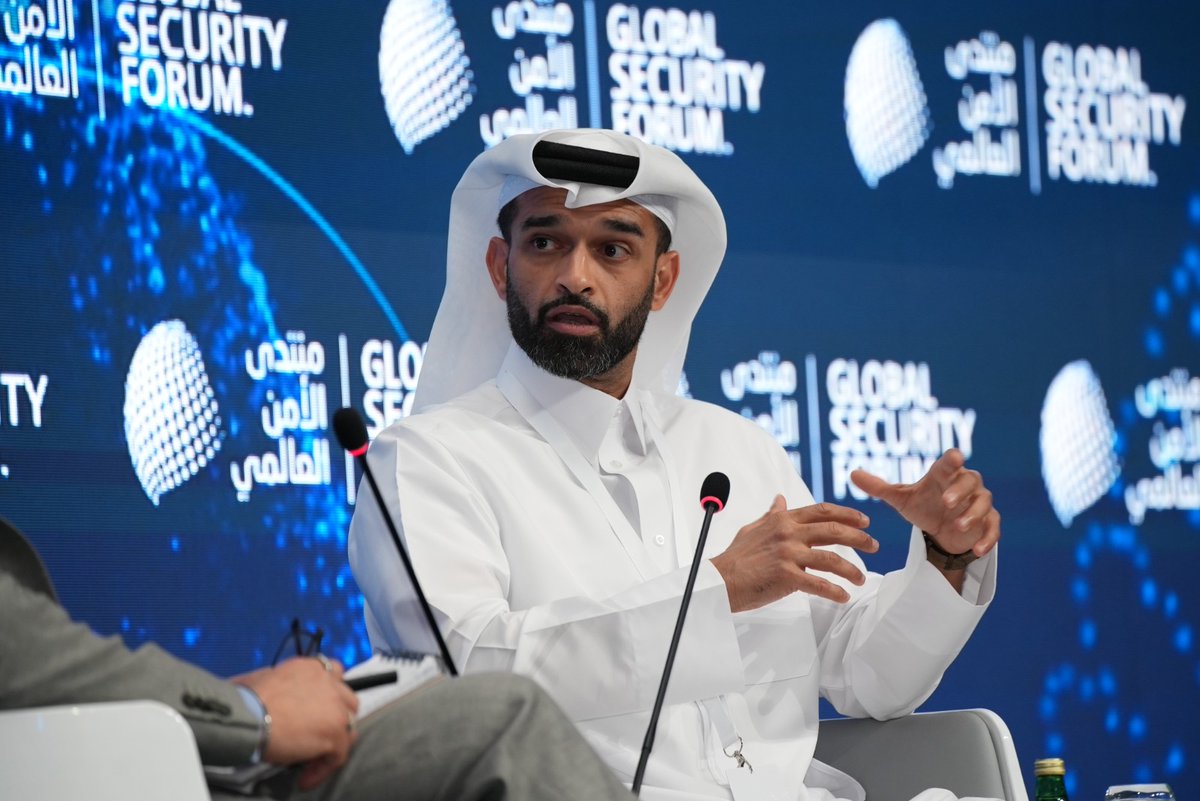The Qatari official shared his insights on international investment in sports and its broader implications for global unity and cultural exchange.
A top Qatari sports official called for a departure from stereotypes of the Global South and a recognition of the potential opportunities international investment in sports offers, during a recent op-ed for Sportico.
“We should view this convergence as an opportunity rather than a threat,” Hassan Al Thawadi, the Secretary General of the Supreme Committee for Delivery & Legacy in Qatar, penned, noting that harnessing such opportunities requires “recognition of the expertise and experience that come with it.”
The Qatari official acknowledged that such transitions may be challenging for some, and highlighted the shift in the perception of the Global South.
“We are shifting from an era when the Global South was often viewed as a passive population, to an era in which we are increasingly active and critical participants and partners in driving economic and cultural change.”
The sporting official also asserted the universal power of sports to transcend divisive forces in the world.
“Sports represents a global language in an increasingly fractured world. At a time when nationalism threatens to divide, our approach to global sports represents an international exchange that has the power to unite, with more economic opportunity for all.”
Al Thawadi, who played a vital role in delivering the 2022 FIFA World Cup in Qatar, highlighted that international investment in sports is a long-established practice, pointing to historical examples to underline its continuity.
“International investment in sports is nothing new. The first foreign purchase of an English soccer club was 38 years ago. The National Basketball Association started operations in Africa 13 years ago, before launching a new league in 2020,” he noted.
Furthermore, he connected this tradition to a broader understanding of sports as a cultural nexus.
“The notion of sports as an international exchange, a meeting place for the world’s cultures and a showcase for nations, is as old as the current version of the Olympics, dating back to 1896.” This highlights the enduring role of sports as a platform for global connectivity and cultural dialogue, he said.
However, he emphasised the recent acceleration of this trend.
“The pace and volume of change has accelerated in sports, reflecting the nature of our interwoven global economy,” he penned in his op-ed. The sporting official also discussed the misconceptions and stereotypes surrounding international investors, particularly from the Middle East.
“Such stereotypes are even less helpful or accurate when investors are based in the huge region known as the Middle East. We are not a monolithic region, and all investors are not identical.”
According to Al Thawadi, Qatar’s experience in hosting the FIFA World Cup showcases the importance of international investment in sports.
“The FIFA World Cup in Qatar last year was a phenomenal success not because of good fortune, or financial fortune, but because of meticulous planning and flawless execution.”
He added that the tournament was underpinned by values that embrace the “transformative power of sports to bring people together across the region and around the world.”
The success of the tournament went beyond action on the field, as evidenced by the celebration of Arab culture and the bonding between fans from various nations.
“Fans from all over the world turned their flags into our traditional dress, our thobes and ghutras, contributing to a celebration of Arab culture and history,” Al Thawadi said.
He also emphasised the position of Qatar and the broader region in the global landscape, pointing out that they are in transition and increasingly active participants in economic and cultural change.
Al Thawadi also reflected on the World Cup’s significance as a representation of Qatar’s qualities and its place in the global arena. “The World Cup showcased our dynamism and operational excellence, warmth and hospitality, diversity and exchange of culture,” he wrote.
He highlighted Qatar’s accustomed role as a host nation that represents dialogical values.
“We’re used to hosting people from all over the world in Qatar. We’re proud of what we stand for: a state that convenes peoples, that seeks to resolve conflict through dialogue.
“We stand at the pivotal point between north and south, east and west, at the heart of ancient and modern trading routes. We are a region in transition, in a world in transition.”







